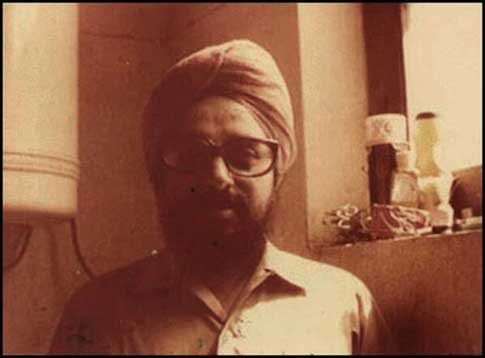
The then President F A Ahmed
The Allahabad court judgment provided Indira's opponents a big opportunity to target her and demand her dismissal. The opposition parties staged dharna outside Rashtrapati Bhawan demanding the dismissal of the ‘corrupt' prime minister.
JP was vitriolic in his reaction and went on to say that it would be shameful and cynical if Indira stays on in office despite the court judgment. This judgment further widened the chasm between JP and Indira Gandhi because as some legal and political commentators pointed out the judge was a little harsh on Indira because the charges against her were not that serious. Indira's supporters lamented the fact that more than the merit of the case, the judge relied on the propaganda that was being carried out by JP movement. Some of them even alleged that the judge Sinha was harsh on Indira because he belonged to the caste of JP i.e. kayastha.
The court judgment rallied all of Indira's yes men she had cultivated so carefully over the years, behind her. They all advised her not to resign and wait for Supreme Court verdict.
On June 23, the Supreme Court issued a conditional stay on Allahabad judgment. Justice V R Krishna Iyer allowed Indira Gandhi to attend parliament but ruled that she could not vote until her appeal was fully heard and pronounced upon.

















